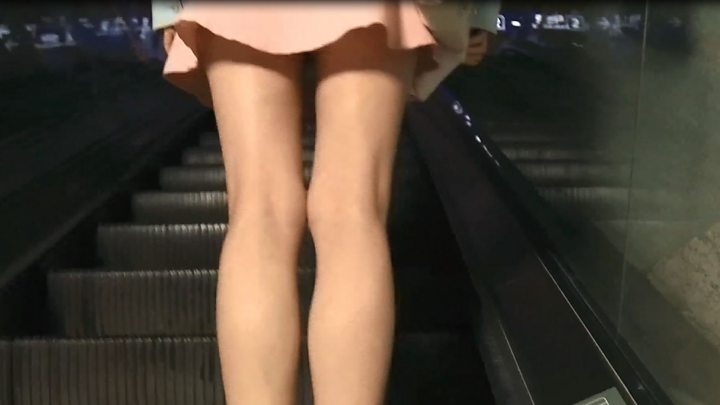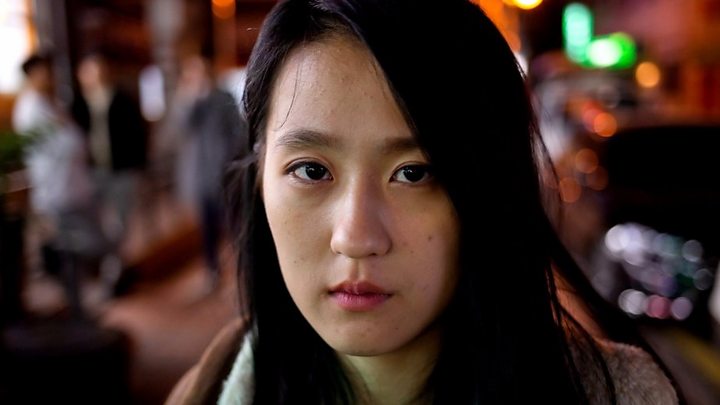Korea Spycam Porn: 1,600 Fall Victim And Four Men Arrested
 Image copyright Getty Images
Image copyright Getty Images Four men have been arrested in South Korea, accused of secretly filming 1,600 hotel room guests and selling the footage via a website.
Mini-cameras were installed in TVs, hair-dryer holders and sockets. The men allegedly earned $6,200.
If convicted, they face up to 10 years in prison and a 30m won ($26,571; £20,175) fine.
The covert filming of sex and nudity in South Korea has been described as an epidemic and has sparked protests.
Speaking to the BBC, Korean police said the men set up the 1mm lens cameras last August in 30 separate hotels across 10 South Korean cities.
In November, a website was then created, allowing users to pay for full videos or watch 30-second clips for free.
The men reportedly posted 803 videos and evaded the law by basing the website server overseas.
Police said the men earned money from 97 paying members before the site was taken down this month.

Media playback is unsupported on your device
“The police agency strictly deals with criminals who post and share illegal videos as they severely harm human dignity,” a spokesman for the Seoul Metropolitan Police Agency told local newspaper the Korea Herald.
Producing and disseminating pornography is illegal in South Korea.
The ban – along with the country’s fast internet access – has been blamed for the prevalence of hidden filming.
Many videos are taken secretly in toilets and changing rooms, or posted by ex-partners out for revenge.

Media playback is unsupported on your device
The country saw more than 6,000 cases reported in 2017, up from 2,400 in 2012.
More than 5,400 people were arrested for spy camera related crimes in 2017, but fewer than 2% were jailed.
Anger at the widespread use of filming prompted a series of protests last year in the capital Seoul, with calls for tougher sentencing.
READ MORE HERE
